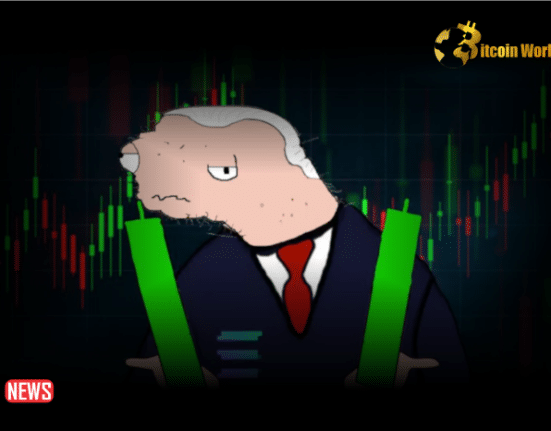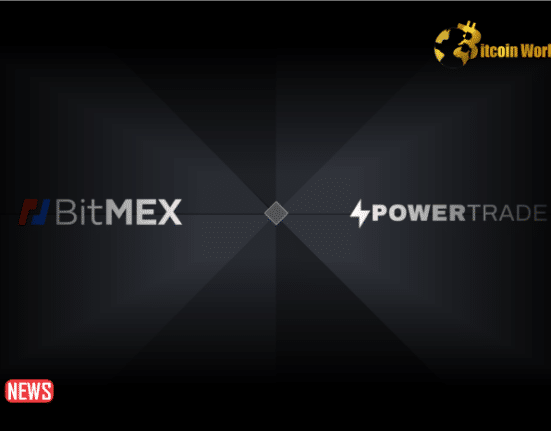Unity Technologies, the company behind the Unity game engine, recently announced significant changes to its pricing model. The move has sparked widespread concern and anger among game developers. Despite some clarification and rollbacks, the core of the newly introduced fees remains, forcing many developers to reconsider their future projects.
New Fee Structure
Unity’s new fee system imposes additional charges on developers who use its Unity Runtime service and meet specific revenue and installation criteria. For Unity Personal and Unity Plus developers, the Unity Runtime Fee (URF) kicks in when a game has generated over $200,000 in revenue in the past year and has over 200,000 total installs. The fee applies for Unity Pro and Unity Enterprise developers when income exceeds $1 million, and installs exceed the one million mark.
Unity’s rationale behind the change is to enable creators to keep ongoing financial gains from player engagement, as opposed to a revenue share model.
Industry Backlash
The immediate reaction from the game development community has been overwhelmingly negative. Developers like Mike Wuetherick, CTO of indie game studio Blinkmoon, have expressed outrage, even contemplating pulling the plug on projects that had recently committed to using Unity.
The fee structure has also been criticized for its potentially punishing impact on successful developers while leaving small-scale indie developers relatively unscathed. Critics argue that this approach does not align with Unity’s ethos of democratizing game development.
Controversial Install Counts
Unity’s original announcement indicated that reinstallations and pirated copies would count toward the install quota, adding another layer of complexity and potential financial burden on developers. However, the company later clarified that reinstallations and fraudulent installs would not contribute to the fee.
Implications for Subscription Services
Unity’s new pricing model initially presented complications for developers whose games are on subscription services like Xbox Game Pass and PlayStation Plus. Unity later clarified that such installs would not directly incur fees, potentially shifting the financial burden to Microsoft and Sony.
Broader Impact
Prolific investment firm Andreessen Horowitz recently led a $15 million Series A raise for gaming startup Pahdo Labs, spotlighting the growing intersection of gaming and AI. But, given the increased financial uncertainties, Unity’s decision could have a chilling effect on such investments.
Unity’s controversial pricing changes are slated to take effect on January 1, 2024. While some details have been revised following the initial backlash, the core elements of the new pricing structure remain, leaving a cloud of uncertainty hanging over the game development community.
The decision has already begun to cause ripple effects, with some developers contemplating switching to competing engines like Unreal. As Unity prepares to implement these changes, the company faces an uphill battle in regaining the trust and support of the community that helped build it into an industry standard.















